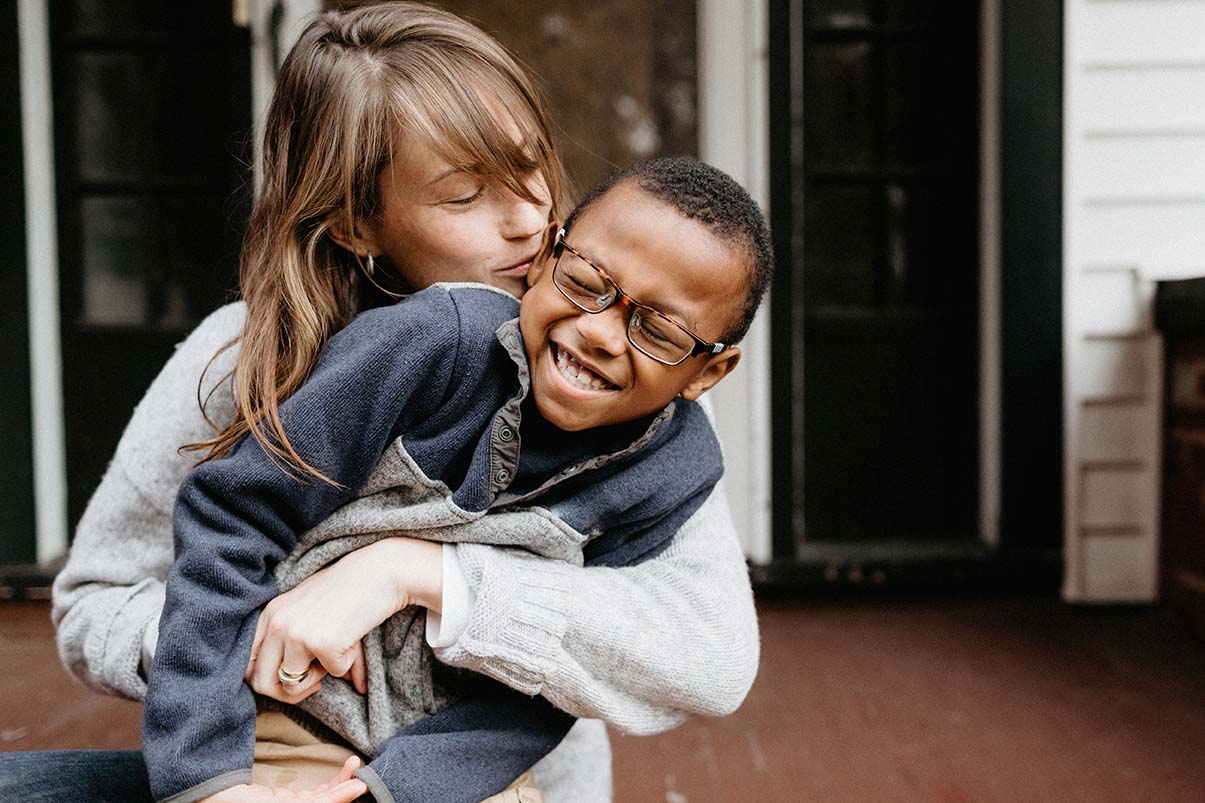

Like most things in 2020, the holiday season will be different from ever before. Family gatherings and parties with friends will likely be smaller than usual and may be held outdoors (brrr!) or canceled altogether. The period between Thanksgiving and New Year’s Day is a wonderful time to enjoy traditions in the company of loved ones. However, it can be fraught with overindulgence and difficult memories, especially if you’ve experienced recent loss. Yes, this year will be different, but there are ways to manage some of the challenges of the holiday season.
One topic on everyone’s mind is the potential risk involved in gathering. Public health officials recommend that gatherings be avoided, especially among those at risk for experiencing difficulties with COVID-19 infection. Make sure that everyone invited will use good judgment and not come if they are experiencing any symptoms of coronavirus. Keep guest lists short so social distancing is possible. In fact, some gatherings are prohibited, so please be sure to reference the Centers for Disease Control and Prevention’s guidance, as well as any local, state, and federal restrictions that may be in place in your area.
Most experts agree that outdoor gatherings are safer than ones held indoors. In colder climates, portable propane heaters and fire pit fires can make guests more comfortable. Hosts should consider supplying masks for anyone who shows up without one. If a party must be held indoors, guests should wear masks when not eating or drinking, maintain six feet of distance, and bundle up so the windows can be open for air circulation. Plan for short visits (or parties) over long ones—the longer the exposure to a sick person, the greater the risk of getting sick. If you have any doubts about the safety of gathering, err on the side of caution. Cancel the gathering if any concerns arise.
Many holiday celebrations (think office parties and family gatherings) involve tempting foods, desserts, and drinks. Eating too many delicious, but unhealthy foods, can put you off your game. Decadent foods tend to lack nutrition your body needs to stay healthy. They can also make you feel sluggish, cause bloating, and lead to weight gain. Over-indulging in alcohol can dehydrate you, impair your judgment, and have other harmful effects on your body. If you’re already worn down by the pandemic or life’s other challenges, having a few too many drinks or treats might leave you vulnerable to viral or bacterial infections.
Even if your parties are called off, that doesn’t mean all temptations disappear. Whether you are celebrating alone or in a small pod of family and friends, you will still have to make food choices. If you’re hosting (yes, you are the host if it’s just you at the party), you get to decide what and how much to serve. It can be tricky navigating the food traps in grocery stores so try to stick to the outside perimeter of the store. You’ll find the more nutritious foods there.
Focus on lean meats, fish, fruits, vegetables, whole grains, nuts, and healthy fats. Consider sauteing or roasting foods in olive oil, garlic, and a splash of lemon juice rather than covering them with heavy sauces. Prepare those starchy comfort foods if it’s important to you and yours, but enjoy them in small portions.
If you’ll be a guest at a party, plan to eat small meals during the day so you won’t be too hungry when you arrive. This will help you avoid overeating. Another trick is to eat a small meal before you go. At the party, use a small plate and fill it with veggies, green salad, fruits, and lean proteins. If you’re tempted by a high-calorie dish, take just a taste of it. Eat slowly and savor the flavors in each bite. When you are done, wait 10 minutes to allow your brain to catch up with your stomach. You may find your hunger is satisfied after the short wait. Then, it may help to socialize away from the food area.
When the drink offers come in, try starting with water to quench your thirst. Sparkling water or seltzer is a nice option. If you’re drinking alcohol, limit your consumption to just one or two drinks, and have a glass of water in between. Remember, sugary drinks can raise your blood sugar levels. This can lead to a sugar high, followed by a low that makes you tired and cranky.
Making time for physical activity and relaxation helps in many ways. Being active not only burns calories but hits the refresh button on your perspective too. Getting outdoors can be invigorating and, with the pandemic, it’s a great way to socialize with friends. It’s easier to stay six feet apart while taking a walk or bike ride than sitting in a restaurant (which may be restricted in your area). Exercise comes in various forms: garden clean-up, house cleaning, taking the stairs instead of the elevator, and dancing, as well as using exercise equipment and weights. If your job requires a lot of sitting, find ways to be more active, like taking the long way to the restroom and stretching every 30 minutes.
After physical activity, it can be easier to settle the mind. Some people report sleeping better after exercising during the day. If you still can’t unwind, consider relaxation techniques, such as deep breathing, guided imagery, yoga, and tai chi. Taking long, slow, deep breaths can shift worries or pain from your immediate thoughts. Body scanning can help relieve tension. After a few deep breaths, focus on one part of the body or group of muscles and move progressively from head to toe (or vice versa).
The holidays may trigger feelings of loss or loneliness, especially this year. Grief takes many forms, so allow yourself time and space to grieve. But don’t feel you have to do it alone. While being physically present with loved ones may not be possible, talking on the phone or on video chat platforms can connect you to people who can offer comfort. It’s a two-way street; you can help them as they help you.
The winter is often associated with seasonal affective disorder (SAD), a type of depression that occurs at the same time every year. People who live in climates where there is less sunlight are at higher risk for SAD. Treatments include light therapy, talk therapy, and certain medications.
If you are struggling with feelings of sadness, hopelessness, unusual fatigue, and the desire to withdraw, you may need a helping hand. Consider talking with your primary care provider (PCP) or a person you feel comfortable confiding in, for example, a close friend, family member, or religious advisor. Your PCP or community may offer resources for finding a therapist to help you work through a difficult patch. Remember, too, that KnovaSolutions® is a great source of information and support.
This year, we’ve all made sacrifices in the name of reducing exposure to COVID-19. With infection rates continuing to rise across the country, we need to keep up our vigilance. Wearing a mask, keeping six feet of distance between yourself and others, and washing your hands and surfaces often remain the most effective ways to reduce the spread of the virus.
Looking for other ways to stay well during the winter season? Check in with your KnovaSolutions nurse. He or she can offer support to help make 2021 your best year yet. Let us know how we can help. Call 800-355-0885 Monday through Friday from 8 a.m. to 8 p.m., MT.





